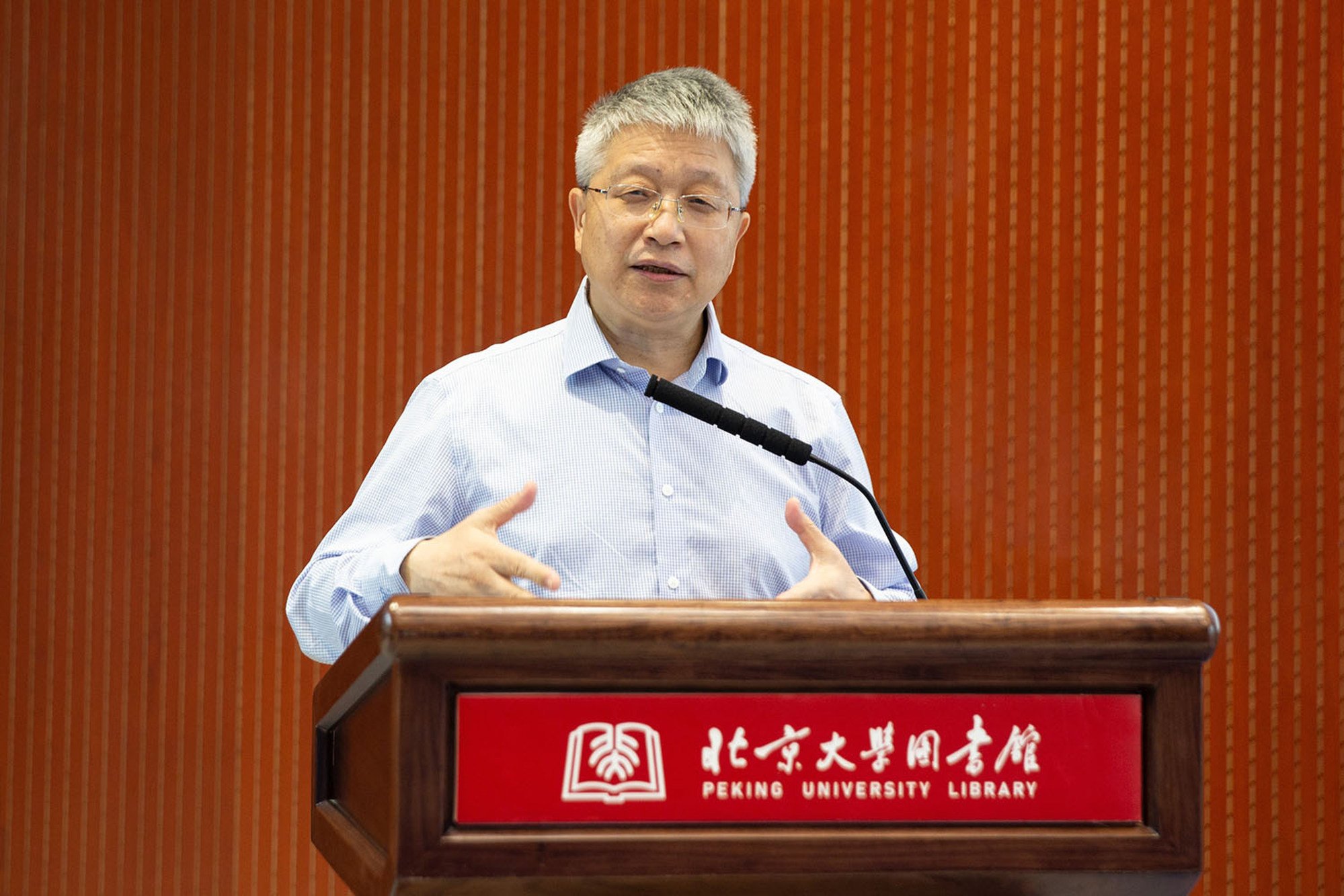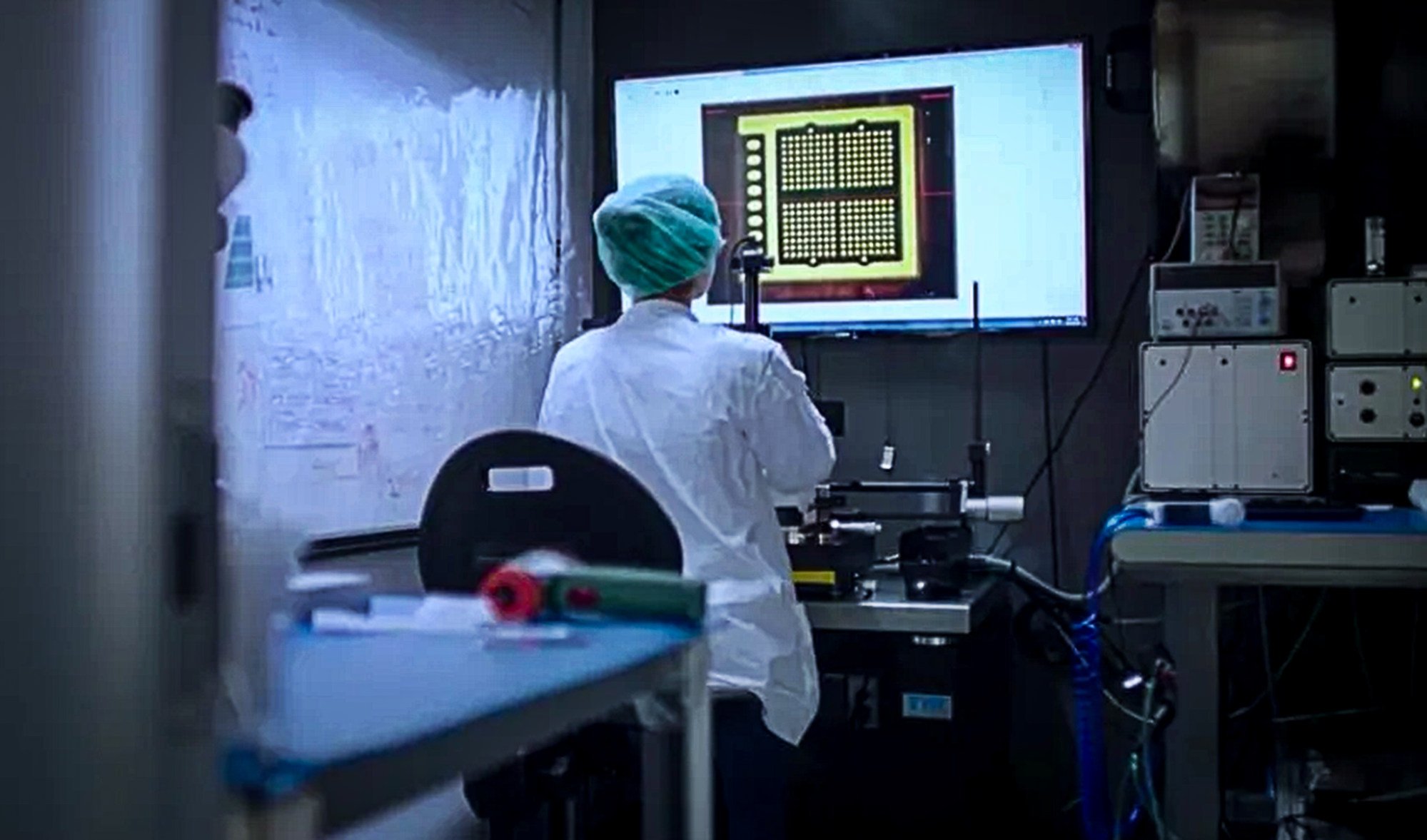Bold new Chinese research in the field of neural probes has helped break through the boundaries that separate humans and machines, and could have a “transformative impact” on brain-computer interface (BCI) technologies, an expert said.
Researchers at Peking University and the Shenzhen-Hong Kong Institute of Brain Science have used a device called a Neuroscroll probe to separate single neural activities of macaque monkeys from 1,024 tightly spaced channels simultaneously.
The key to the BCI performance lies in the accurate capture and decoding of a large number of EEG signals – or electroencephalography.
“The Neuroscroll probe length is easily tunable for individual probes from 10mm (0.4 inch) to 90mm, covering the brain sizes of non-human primates and humans, and the probes remain intact and functional after repeated bending deformations,” the team wrote in a peer-reviewed paper published in Nature Neuroscience on Monday.
The probe also achieved stable neural recordings in rat brains for up to two years, showing excellent biocompatibility and long-term recording stability, state news agency Xinhua reported.

Cheng Heping, with the Chinese Academy of Sciences and director of the National Centre for Biomedical Imaging Science at Peking University, told Xinhua that the achievement provided a powerful tool for high-throughput simultaneous monitoring of activity in multiple brain regions, and for exploring the relationships between neural activity and behaviour.
The Chinese government has identified BCI as an area of focus in the development of future technologies amid the competition for tech supremacy with US-led Western countries.

According to a joint-ministerial announcement in January, Chinese research on BCI will aim to achieve breakthroughs in key technologies and core devices such as brain-computer fusion and “user-friendly and safe brain-computer interface products”, and encourage exploration in areas like medical rehabilitation, self-driving and virtual reality.
Neuralink’s integrated circuit has a 1,536-channel recording system.
"interface" - Google News
July 01, 2024 at 01:00PM
https://ift.tt/KP4soF6
Chinese neural probe could be ‘transformative’ advance for brain-computer links - South China Morning Post
"interface" - Google News
https://ift.tt/sFOq37o
https://ift.tt/T9vX54A
Bagikan Berita Ini














0 Response to "Chinese neural probe could be ‘transformative’ advance for brain-computer links - South China Morning Post"
Post a Comment